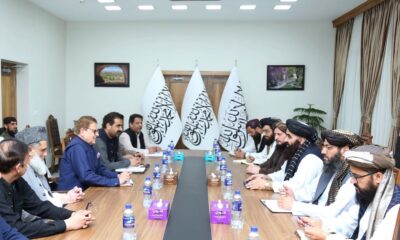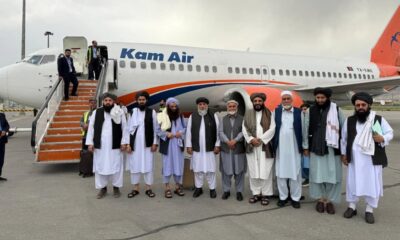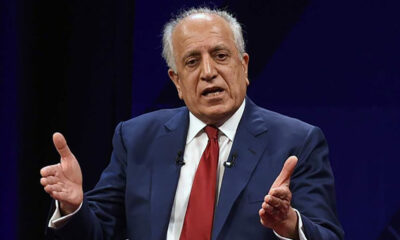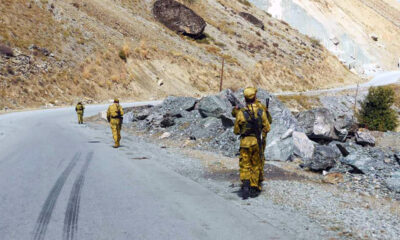Latest News
Afghan govt and Taliban get copy of ‘guiding principles’ for Istanbul Summit

The US, UN, Turkey, and Qatar have handed over guiding principles for the Istanbul Summit to the Afghan government and the Taliban.
A document seen by Ariana News shows that there are nine guiding principles that could help the negotiating parties reach an agreement on some key points ahead of the Istanbul conference which is due to be held from April 16, in Turkey.
The principles include:
1- A permanent and comprehensive ceasefire is needed for the country
2- Conducting joint work for the restoration of peace without mutual accusation
3- Political partnership under Islamic principles
4- Formation of an inclusive and accountable participatory government
5- Future political arrangements need to reflect the diversity of Afghan society by way of providing equal rights for all citizens, and without discrimination
6- Protecting and supporting human rights in Afghanistan
7- Future government will implement a balanced socio-economic development program to cope with poverty in Afghanistan
8- Afghanistan will maintain friendly relations with its neighbors, the region and the international community
9- The two parties have to engage in peaceful negotiations in order to implement these principles
This plan coincides with the High Council for the National Reconciliation’s (HCNR) unified peace plan for the upcoming Istanbul Summit.
A copy of the draft seen by Ariana News shows that the plan has four parts including a principle for the future of Afghanistan, a Peace roadmap/President Ashraf Ghani’s plan, a future political system, and an end to the ongoing conflict in the country.
The first part of the plan calls for a number of stipulations including Islam to be the official religion of Afghanistan; civil rights to be preserved based on the Afghan Constitution; an amendment brought to parts of the Constitution, for International support to be preserved, and for a neutral foreign policy, elections, and an accountable government.
The second part includes Ghani’s three-phase roadmap to the restoration of peace in the country.
Ghani’s roadmap – from an unending war towards a just and lasting peace includes three phases, a political agreement; a peace government; and peacebuilding, state-building, and market-building.
In the first phase, Ghani proposed a political settlement, an internationally monitored ceasefire, a regional and international guarantee of peace as well as continued counter-terrorism efforts, and the convening of a Loya Jirga to approve the agreement.
The second phase will be to hold a presidential election and establish a “government of peace” and implement arrangements to move towards a new political system.
The third phase will involve building a “constitutional framework, security, reintegration of refugees and considering government priorities” for Afghanistan’s development.
In the third part of the draft, two political systems – a Presidential Structure with four Vice Presidents including a woman or a parliamentary system that could be implemented after a referendum for amending the Constitution – have been proposed for the future of Afghanistan.
The fourth part is focused on ending the war in the country. In this part, a regular framework for the end of the conflict, and the implementation and monitoring of a ceasefire are highlighted.
Latest News
Muttaqi voices concern over Pakistan’s forced expulsion of Afghan refugees
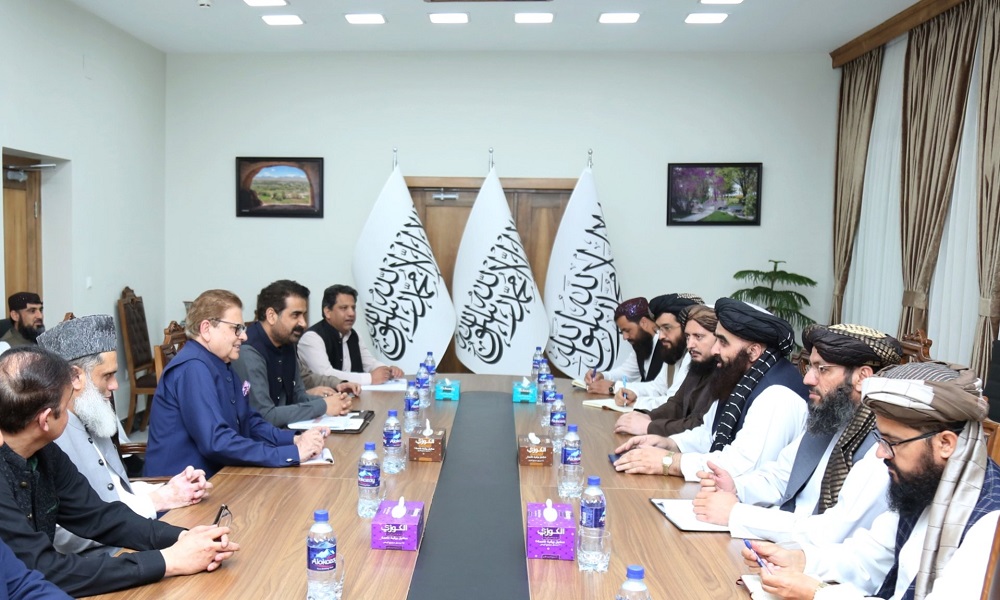
Acting Foreign Minister Amir Khan Muttaqi on Wednesday expressed his deep concern over the state of relations between Kabul and Islamabad during a meeting with Pakistan’s Special Representative for Afghanistan Mohammad Sadiq.
Sadiq, who is leading Islamabad’s delegation, is in Kabul for the 7th session of the Afghanistan-Pakistan Joint Coordination Committee (JCC) meeting.
The meeting comes amid growing tensions between the two countries, with Afghan refugee deportations and skirmishes along the border.
Pakistan, which has seen an increase in security incidents in the past few years, has also repeatedly accused the Islamic Emirate of allowing militant groups to operate from Afghanistan.
Zia Ahmad Takal, head of public relations at the Ministry of Foreign Affairs, said in a statement on Wednesday that Muttaqi “expressed his deep concern over the state of relations between Kabul and Islamabad”, particularly regarding the forced deportation of Afghan refugees.
Muttaqi emphasized that both countries should resolve their issues through dialogue in an atmosphere of mutual trust and avoid actions or statements that may lead to public resentment or provoke emotions.
Sadiq in turn noted that the two neighboring countries share deep ties and should explore ways to resolve the challenges that have arisen.
Latest News
Acting Minister of Industry and Commerce heads to Pakistan
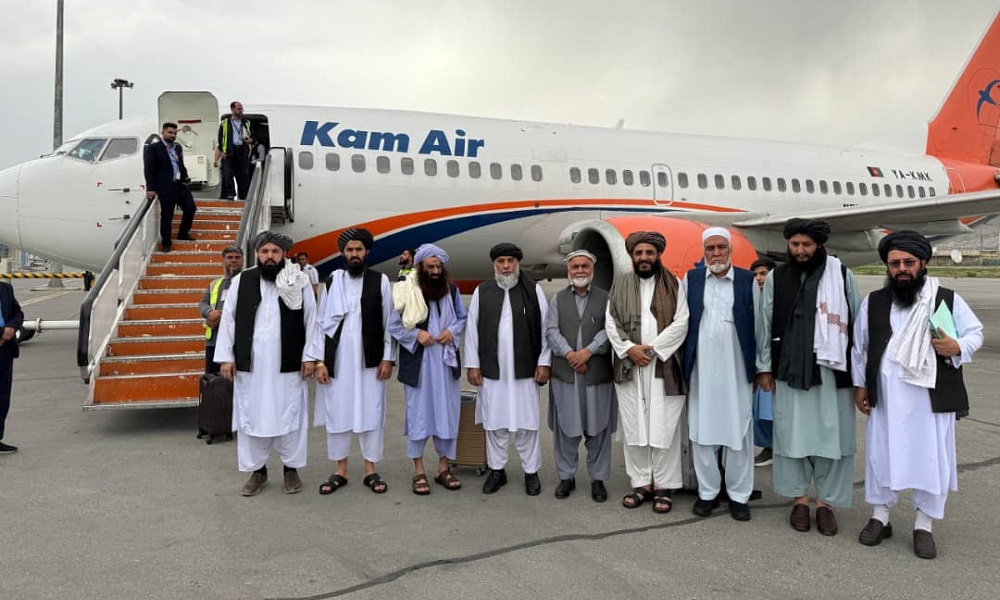
Nooruddin Azizi, the Acting Minister of Industry and Commerce of the Islamic Emirate of Afghanistan, and a high-ranking delegation, has left for Pakistan for talks on various issues.
According to a statement issued on Wednesday, the Ministry of Industry and Commerce stated that the purpose of this trip is to assess and resolve existing obstacles in trade, transit, and transportation between the two countries, as well as to hold discussions regarding the challenges faced by Afghan refugees residing in Pakistan.
The high-level delegation led by Azizi includes representatives from the office of the Economic Deputy Prime Minister, the Investment Facilitation Directorate of the Administrative Office, and the Ministries of Foreign Affairs, Finance, Refugees and Repatriation,
Latest News
Khalilzad says Pakistan might be using migrant expulsions to infiltrate ISIS into Afghanistan
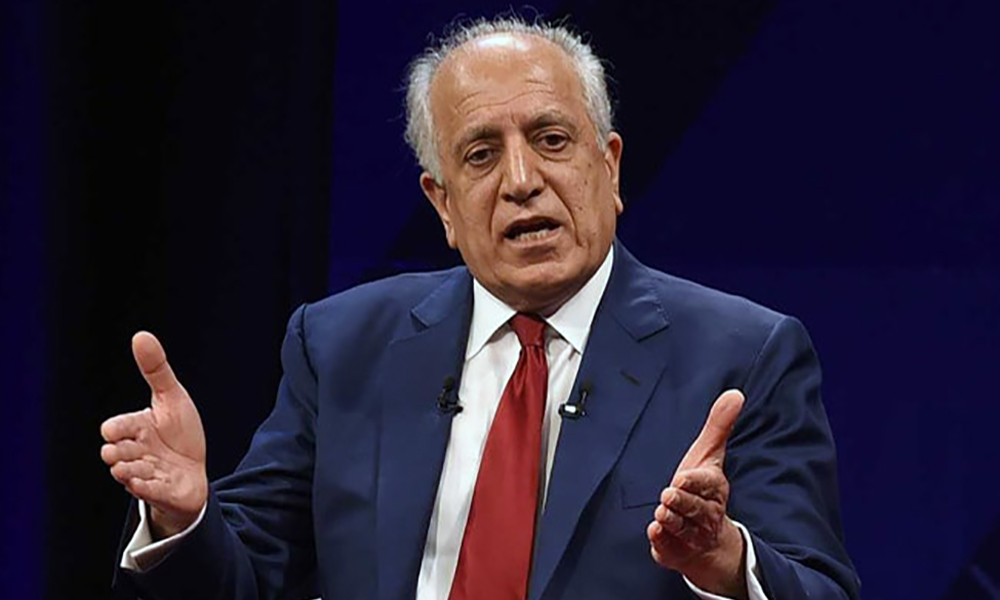
Washington’s former special envoy to Afghanistan, Zalmay Khalilzad, said in a social media post on Wednesday that he is concerned Pakistan might be using the expulsion of refugees as a cover to send in ISIS fighters into Afghanistan.
In a post on X on Wednesday, April 16, Khalilzad said: “Knowledgeable people tell me that they are concerned that the Pakistan establishment might well be using the expulsion of Afghan refugees as a cover to send ISIS terrorists to Afghanistan. I share this concern.”
Khalilzad did not elaborate further, nor did he clarify who the “knowledgeable people” were.
The Islamic Emirate has long been known to fight ISIS and has in the past accused Pakistan of supporting the militant group.
In January, Afghanistan’s deputy minister of foreign affairs said ISIS was operating training centers in Pakistan.
Khalilzad’s remarks come amid intensified efforts by Pakistan to deport hundreds of thousands of Afghan refugees in the country.
Pakistan began deporting undocumented Afghans in October 2023 but following a directive in December, authorities ramped up the deportations from April 1. In the first two weeks of this month over 45,000 Afghans returned.
-
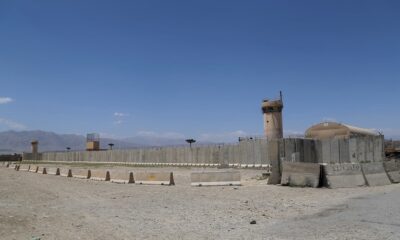
 Latest News5 days ago
Latest News5 days agoNo American military presence in Bagram: US defense official
-

 World5 days ago
World5 days agoWhite House says ‘all hell to pay’ should Iran develop nuclear weapon
-

 Latest News5 days ago
Latest News5 days agoTrump ends protected status for thousands of Afghans, Cameroonians
-

 Latest News5 days ago
Latest News5 days ago‘No one wants to see a nuclear-armed Iran,’ says former US ambassador to Afghanistan
-
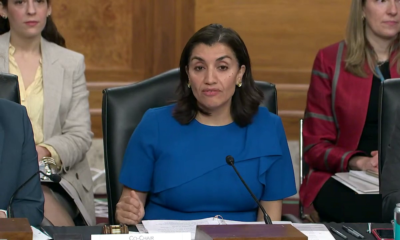
 Latest News4 days ago
Latest News4 days agoUS Senate convenes commission to review early years of Afghanistan war
-
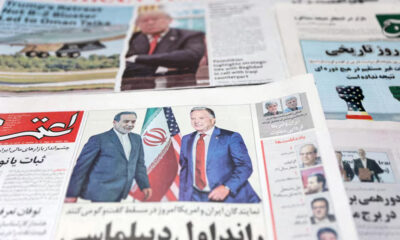
 Regional4 days ago
Regional4 days agoIran, US hold ‘positive’ talks in Oman, agree to resume next week
-

 World4 days ago
World4 days agoTrump says Ukraine talks may be going OK, but there is a time ‘to put up or shut up’
-

 Latest News4 days ago
Latest News4 days ago6.1-magnitude earthquake shakes northern Afghanistan


